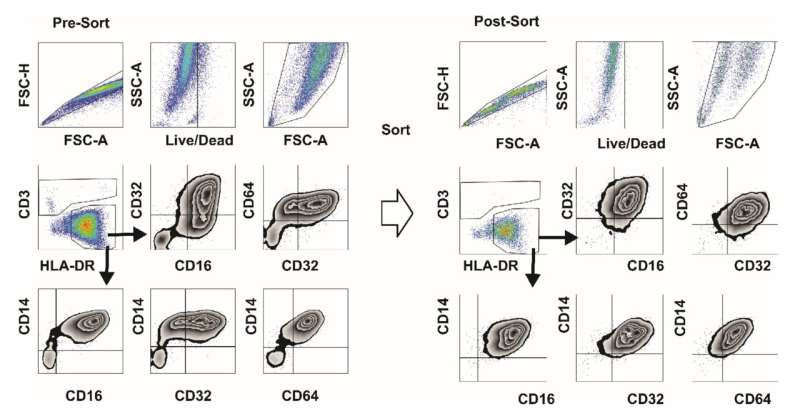This article has been reviewed according to Science X's editorial process and policies. Editors have highlighted the following attributes while ensuring the content's credibility:
fact-checked
peer-reviewed publication
trusted source
proofread
Prior dengue infection may make Zika virus outcomes worse

Researchers in New York and Texas have identified that female marmosets are more likely to transmit the Zika virus during pregnancy if they have been previously infected by a different virus, dengue. The findings, published in Science Translational Medicine, may help unravel why the 2015 Zika outbreak led to thousands of miscarriages, stillbirths and cases of permanent birth defects.
The research, by Drs. Marcia Blackman and In-Jeong Kim at Trudeau Institute and Drs. Jean Patterson and Corinna Ross at Texas Biomedical Research Institute, found that pregnant marmoset monkeys that had previously been infected with dengue passed 100,000 times the amount of Zika virus to their fetuses than marmosets that had never had dengue.
"We think Zika virus has the ability to exploit the immune system's defense mechanisms," said Dr. Kim, a viral immunologist. "This likely enables the virus to cross the placenta, which normally acts as an immune barrier between mother and fetus, leading to disruption of fetal neuronal development."
It has long been hypothesized that some viruses can use antibodies, typically the body's primary defense, as tickets to enter host cells and replicate. This phenomenon, known as "antibody-dependent enhancement (ADE)," may play a role here.
As the researchers considered which antibodies the Zika virus might exploit to breach the placenta, dengue was an obvious culprit. It is common in tropical regions, infecting over 390 million individuals annually. And in addition to being structurally similar to Zika, both viruses are transmitted by Aedes mosquito bites.
Dengue is caused by any of four related viruses. When individuals who have had dengue are then infected with one of the other variations, they can suffer severe health complications, including death. ADE is hypothesized to be involved in that response; the Trudeau and Texas Biomed researchers suspect Zika is using the same mechanism.
"Our findings strongly suggest that having antibodies to help fight off one virus can actually aggravate the effects of a totally different virus," said Dr. Patterson, a virologist at Texas Biomed. "The study included a small number of animals, so this requires further investigation to confirm the findings hold true for humans and to better understand the mechanisms behind this."
Dr. Kim emphasized the importance of the marmoset model for answering critical questions about pregnancy.
"Marmosets exhibit similar consequences as humans following Zika virus infection during pregnancy," she said. "This model can help us to better understand the complex interplay between these viruses and the immune system. The knowledge will be instrumental in developing more effective vaccination and therapeutic strategies to protect pregnant women from the potentially devastating outcomes of Zika virus infection during pregnancy."
More information: In-Jeong Kim et al, Impact of prior dengue virus infection on Zika virus infection during pregnancy in marmosets, Science Translational Medicine (2023). DOI: 10.1126/scitranslmed.abq6517


















